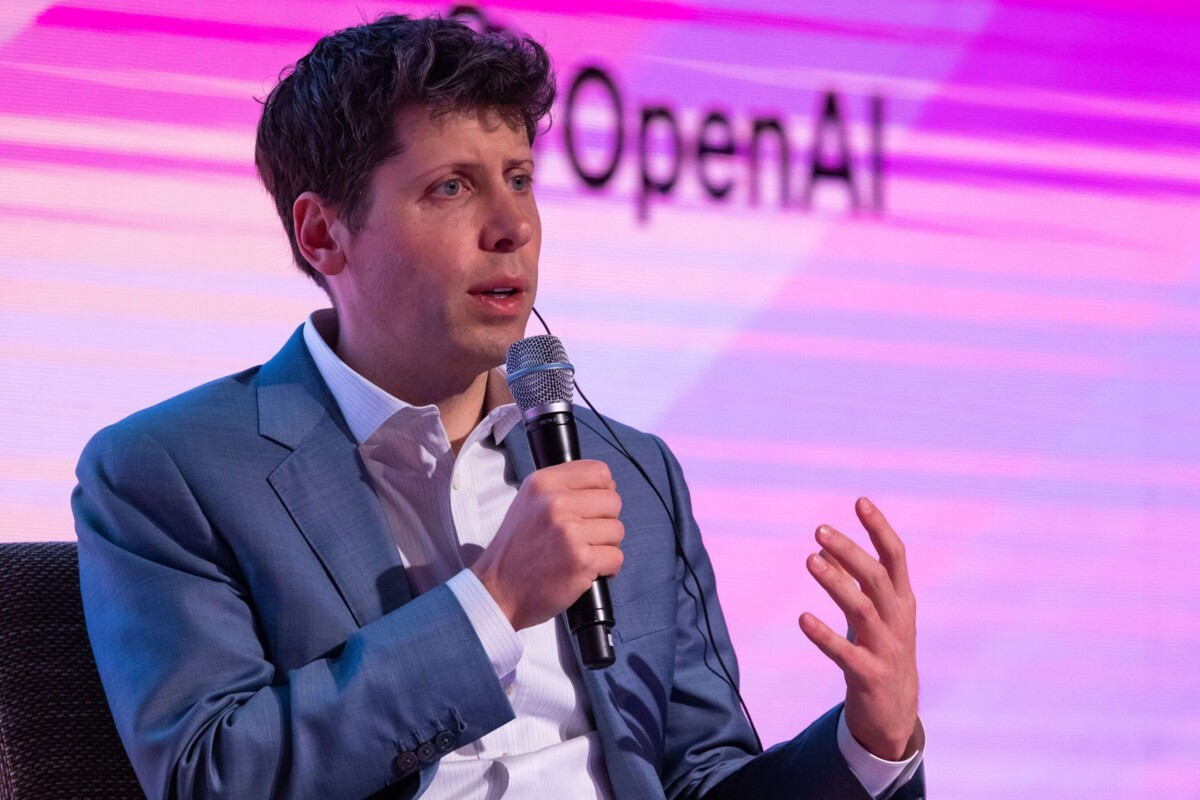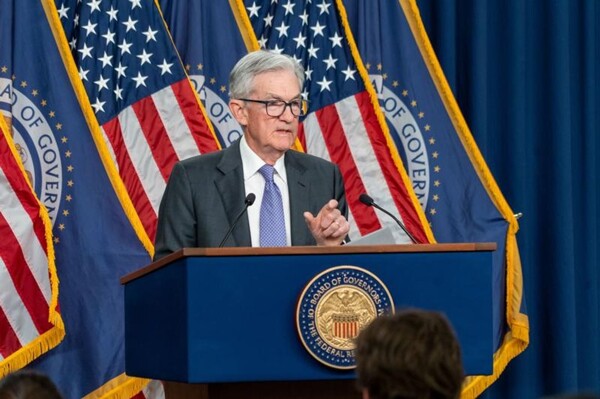
The company OpenAI has recently announced that it is abandoning the idea of converting its artificial intelligence business into a profit-controlled entity. According to the Wall Street Journal (WSJ), the company will opt to maintain its board without a profit motive. However, this decision may pose challenges in the future if the company seeks to raise funds, as OpenAI's founding board has a fiduciary commitment to the public.
After a period of change that included the departure and return of Sam Altman as CEO in 2023, OpenAI was in the process of modifying its business structure. Even investors like Microsoft failed to influence the final outcome. The intention was to transform OpenAI into a public benefit corporation while maintaining its non-profit character. However, according to WSJ reports, Elon Musk reportedly attempted to prevent this transformation through legal action.
After talks with civic leaders and the attorneys general of California and Delaware, OpenAI ultimately decided to discard the conversion. According to WSJ reports, the company will restructure its for-profit subsidiary into a public benefit corporation controlled by the non-profit parent, with the aim of seeking funding in the market.
Sam Altman mentioned that these planned changes would allow for a $30 million investment from SoftBank. On the other hand, Elon Musk, a historical rival of OpenAI in the field of artificial intelligence, celebrated this failure in the conversion attempt.
The chairman of the board of OpenAI, Bret Taylor, explained that the proposed new structure would be simpler and would allow employees, investors, and non-profit organizations to hold shares in the public benefit corporation.














